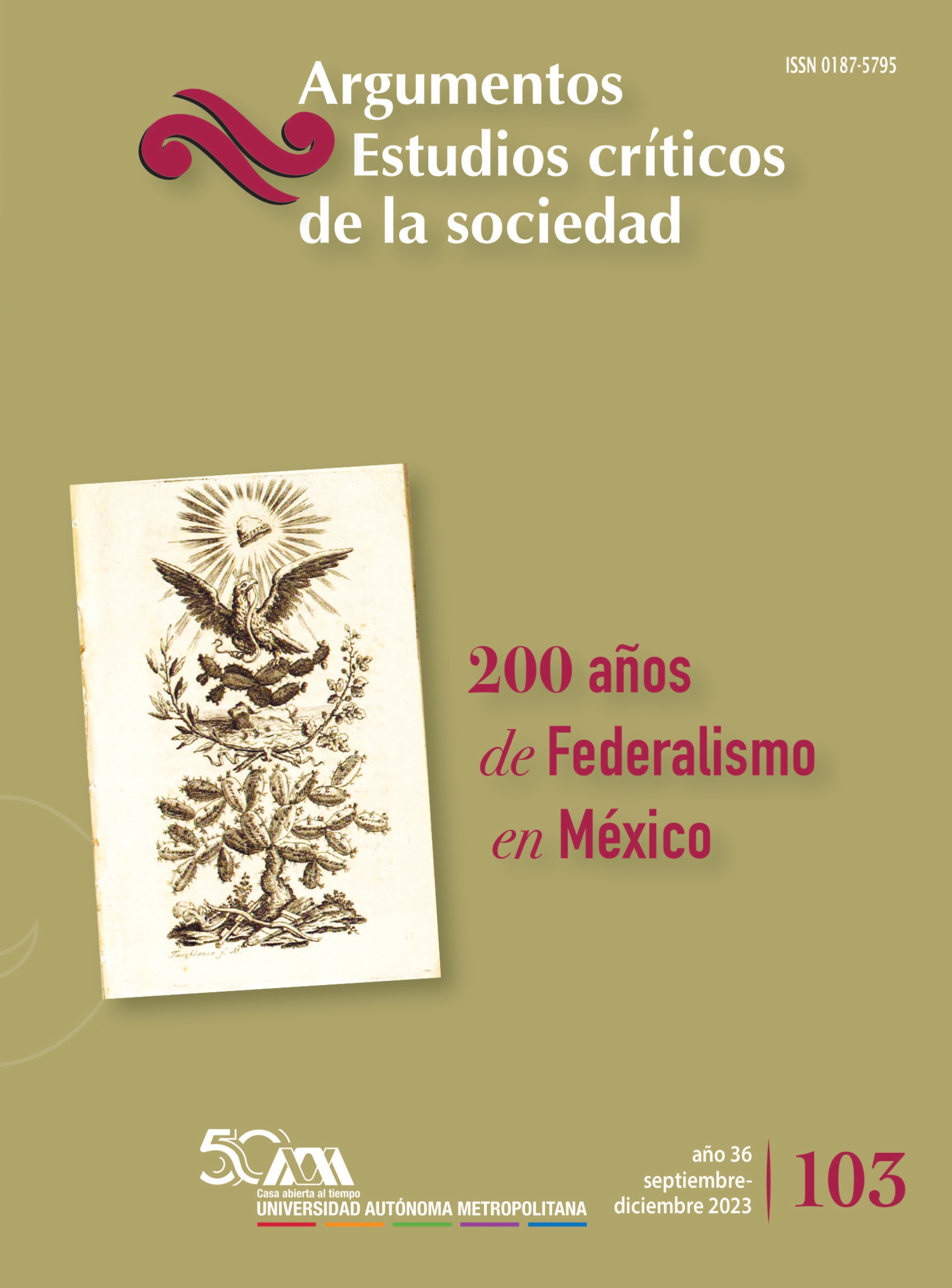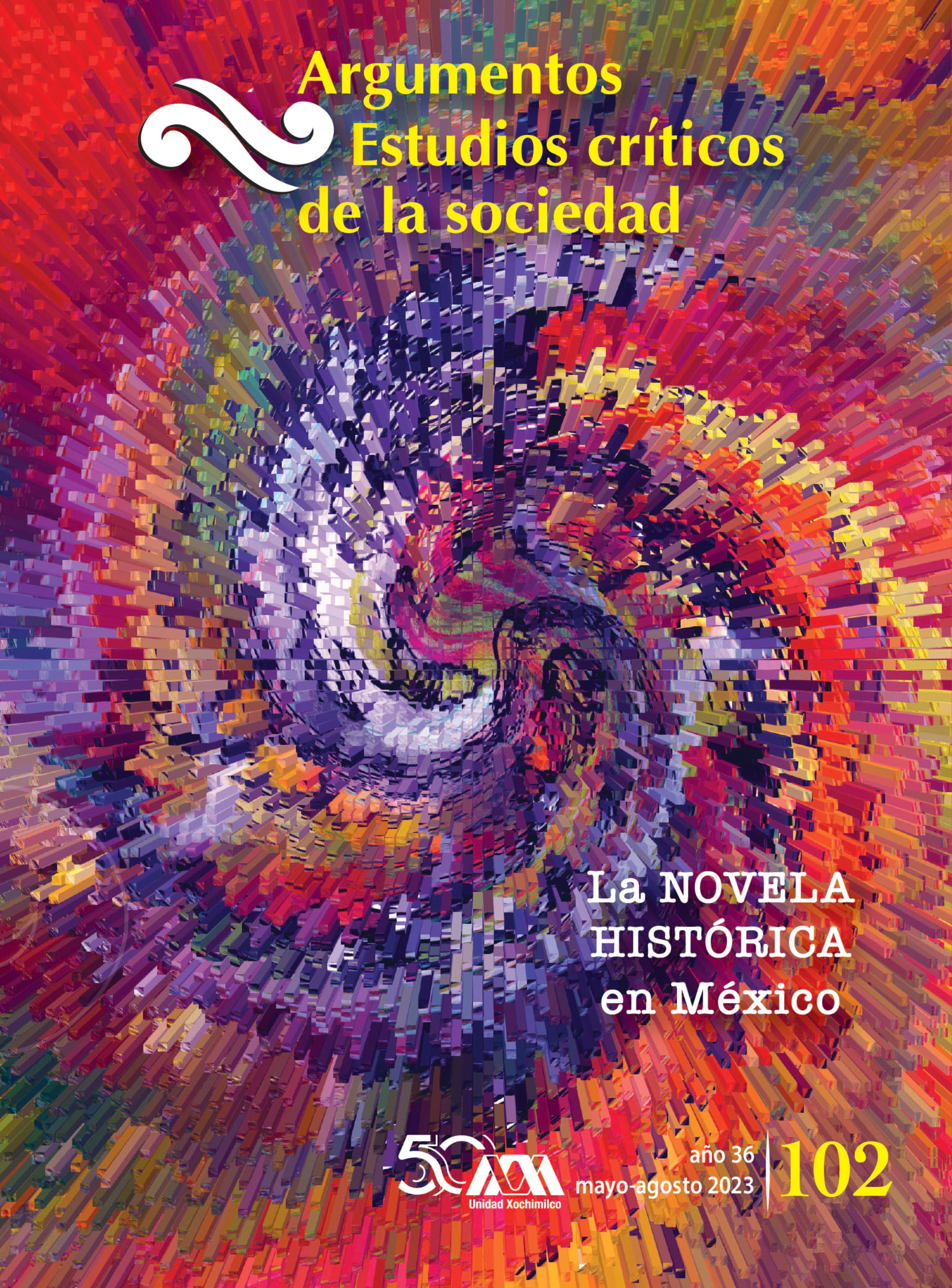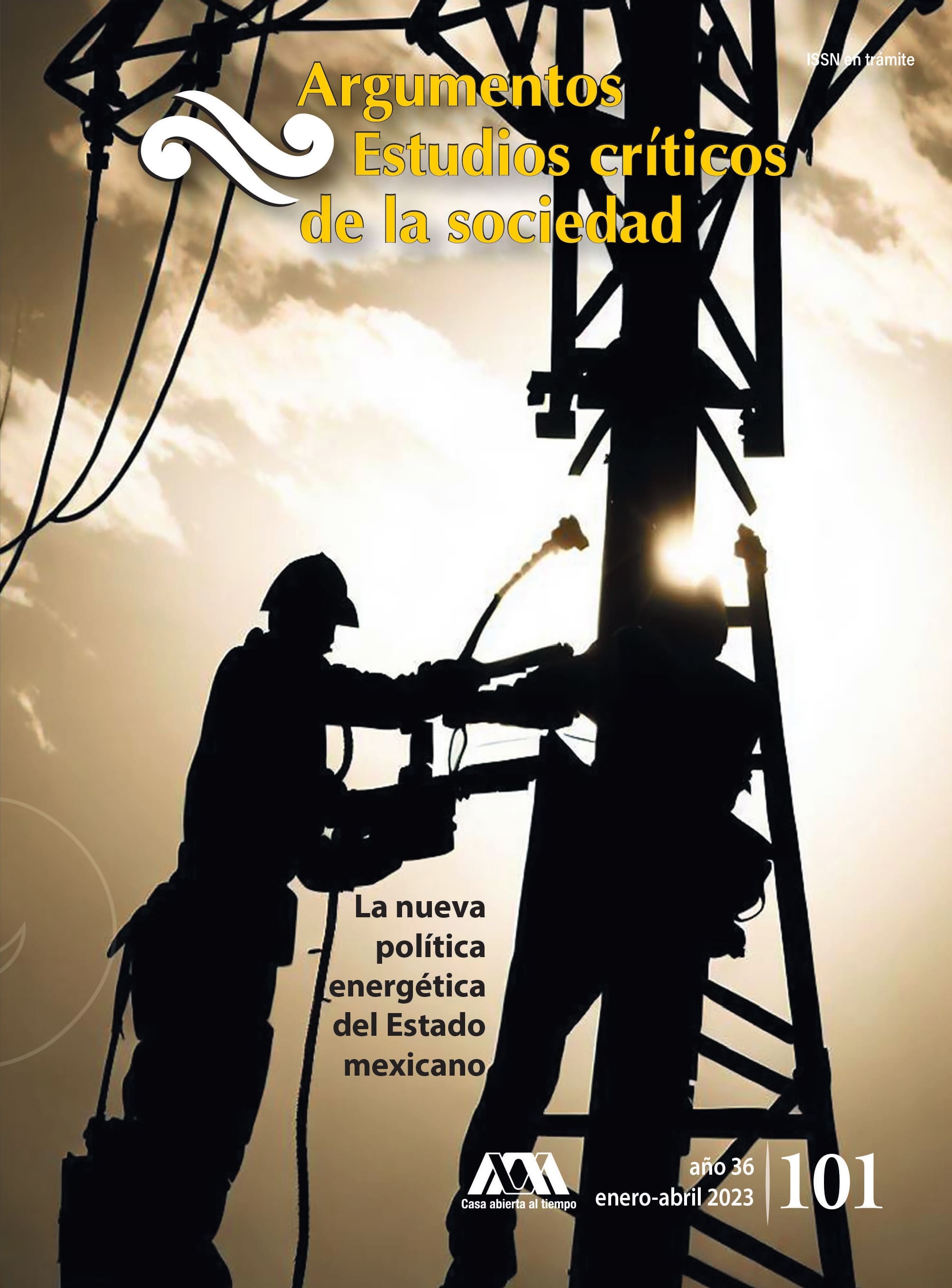La agroecología en resistencia
Poder, autonomía y diálogo en la formación de promotores comunitarios en el noreste de Chiapas
Abstract
This work analyzes the interaction brought about by an agro-ecological training project between a group of thirty communitarian promoters and two NGO facilitators. Information was collected by means of three tools: field proceedings, interviews with key informers, and a discussion workshop. Data interpretation was made using qualitative methodologies. In addition, from collected information, three analysis axes were formulated: 1) power relationships between actors when in interaction; 2) autonomy, understood as the self-management advancing of the project, and its difficulties; and 3) dialogue as a melting pot for generation of knowledge, systemization tools, and compilation of workshop materials. It was observed that the theoretical-pedagogical model proposed by the NGO project (the one referring to popular education) showed some biases in the development of the agro-ecology training of promoters. According to facilitators, their relation¬ships of domination over promoters resulted in a public discourse in which deference and indulgence towards the former were evident and generated a vertical pedagogical relationship. Domination relationship made itself present: a) in the definition of training space and of time, b) in the necessity of supervising promoters' work, and c) in the definition of the subject matter of training. As far as the dialogic vision of the process is concerned, the necessity arose of looking for new communication means, privileging speech as dialogue central axis, as well as for the acquisition of communicative abilities by the group of promoters, and for the exchange of experiences in different contexts (communitarian, regional, local, national, and international). Promoters have appropriated the process of dialogue. Hence the necessity of strengthening organizational and communicational aspects, and of proposing a new way to conceive agro-ecology training -as the pillar of the autonomous socio-cultural process, under such resistance conditions as to ensure community reproduction in a context of confrontation and low-intensity war.








